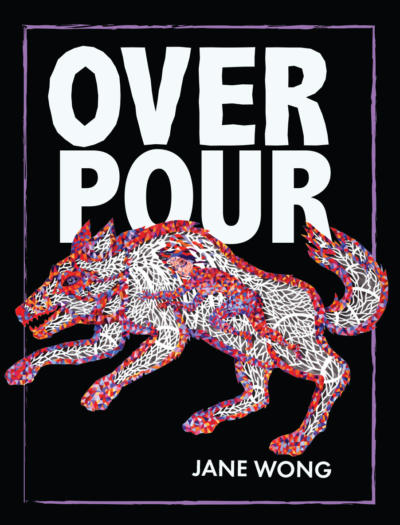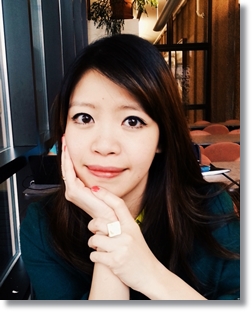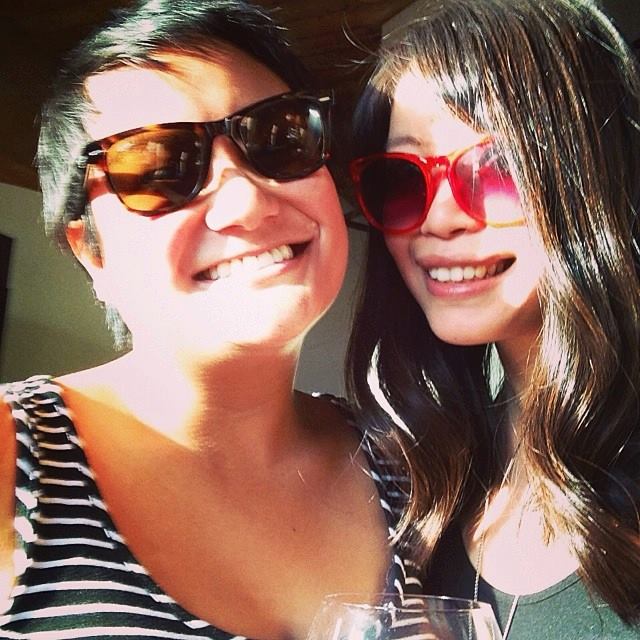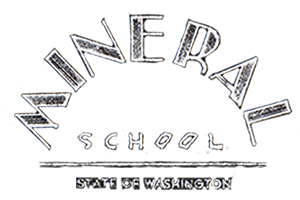Blog
Meet a Resident: Jane Wong
Seattle poet (by way of New Jersey and Iowa) and Ph.D Jane Wong is the author of Overpour (Action Books, 2016) and was in the first residency group at Mineral School in June 2015. She returned to Mineral with friend and fellow poet Michelle Penaloza in summer 2016 to present a reading. A past professor at Pacific Lutheran University and University of Washington, she heads to Western Washington University this fall for a tenure-track teaching job. Author Kait Heacock conducted this interview.
Let’s start with Overpour. Congratulations on your first collection. How many years of poetry writing does it cover? At what point did you look at your body of work and think, “This is it, I have a collection”?

Thank you! Overpour was a culmination of approximately four years of writing; the oldest poem in the collection is “Encyclopedia, Vol.” which I wrote in 2011, in Montana, right after finishing my MFA at the University of Iowa. Over those years post-MFA, I felt pressured to put a book together, especially after publishing three chapbooks. Yet, I knew that I wanted to wait and take the process slowly. I wanted to enjoy the minutia of making Overpour a book. At first, I had doubts about how each poem connects with each other; yet, I ultimately realized that those connections – those threads – are made by the reader. I had to trust the reader in terms of unraveling the language in each poem, drawing linkages from reoccurring images. I told myself: this is it! This is the year you’re sending out! And sending out a manuscript is an investment; I knew I wouldn’t financially be in a place to send out more than one year. I am beyond grateful for the support behind Overpour – for Action Books and all the wonderful presses who took care of the manuscript on finalist lists. It felt like a gift, a kindness, even when it was rejected.
Cynthia Cruz said it “weaves together seemingly disparate topics such as war and child’s play, language and exile, debt, animals and nature.” What connecting line threaded poems?
There are many connections in this book; yet, they aren’t exactly obvious. I like to think of narrative as a constellation; as reoccurring images accrue (like the mushrooms in the book), the story begins to develop. I hope that readers see this book, especially the speaker (my mother and myself), as a celebration of a woman’s rise to power – albeit with vulnerability.
What’s the experience like of seeing in a book—something that is tangible and feels permanent—poems that you may have been performing for years? Tweaking, rewriting, etc. Does having them bound in a collection make them feel more like yours? Or do they feel beyond control because you can no longer change them?
Interesting question about reading and the book! The book itself is literally tangible, but it feels just as cloud-like as anything else; I love how readers make these poems their own – even though the poems carry the weight of my own experiences. I think about poets like Marianne Moore who have revised single poems over ten years. I certainly understand that impulse and drive. Yet, while I also delight in the curiosity of revision, I also feel like there is confidence in “done-ness.” When I read and perform, I feel like I embody another self. A self that is declaring something outward. I always read on tiptoe, which maybe means that I feel pulled upward by own work. I feel confident when I read poems from the book because I know them so well. Yet, honestly, I rarely read only from the book. I love reading brand new poems, even written that very day. That’s something I almost always do during readings. In this way, I also allow that curiosity of revision to thrive out loud.
I watched your TEDx talk. Could you discuss how your work now addresses the “poetics of haunting”? Is this a notion you feel you will carry with you forever? That in some way all your writing will “go toward the ghost”?

Thank you for watching! My dissertation focused on what I call a poetics of haunting, or a move toward haunted spaces – engaging how social, historical, and political contexts impact the work of contemporary Asian American poets. My project, which expands beyond the TED talk into a website Poetics of Haunting, and a scholarly manuscript, considers how language acts as a haunting space of intervention and activism. I think a lot of about invocation – about how I call upon my ancestors and move toward their histories – histories often forgotten or silenced. I will definitely carry their stories forward in my writing always. My recent writing engages the Great Leap Forward, a Maoist campaign that resulted in widespread starvation. I write to the dead – to my missing family members – to go toward their stories, their voices, their echoes.
In the same talk you speak of the role of the writer as witness. What does that mean to you in light of what’s happening in our country now? Do you think every writer has a responsibility to talk about our President, the rollback on women’s/LGBTQ/immigrants’ rights, insert any number of other atrocities we’re seeing on the news every day?
I’m not as interested in “witness” (which implies a kind of passivity), as I am in the conjurer, as the one who calls upon history – immediate or centuries old – to make something happen. The writer is more than a witness; the writer has agency, control, and the ability to take these narratives and rewrite history. This literally happens in poetry, but also in terms of community building and mobilization. I think every writer needs to recognize and address how they are connected to what’s happening in our world. The personal is political. I can’t imagine how you can’t do that. In this way, I don’t see it as a responsibility. It should just be something you do because you are human.
Tell me about the Margin Shift reading series and your work with the Kundiman organization. Why is community important for writers? Are you working with other organizations at the moment? How do you balance the writer’s need for solitude and reflection with the necessary nourishment that comes by being in community with other writers?
 Community is vastly important to me. I used to co-host Margin Shift (I am no longer a host) and I am currently still a co-chair for Kundiman’s Pacific Northwest readings and events. Community allows you to find support when there isn’t any; I am particularly interested in communities that form for writers of color. I find solace and kindness in these communities – formal or otherwise (i.e. making dinner with local writers of color, just because). I want to feel like I am with family in my communities. And with family, there is always the feeling of being together, even when physically apart.
Community is vastly important to me. I used to co-host Margin Shift (I am no longer a host) and I am currently still a co-chair for Kundiman’s Pacific Northwest readings and events. Community allows you to find support when there isn’t any; I am particularly interested in communities that form for writers of color. I find solace and kindness in these communities – formal or otherwise (i.e. making dinner with local writers of color, just because). I want to feel like I am with family in my communities. And with family, there is always the feeling of being together, even when physically apart.
April was National Poetry Month! What poets are you reading now and what poets do you wish more people were reading?
I am reading so, so many poets. This is the most difficult question. Here are a few poets I currently love (including many poets in our region): Kaveh Akbar, Michelle Penaloza (pictured with Jane at left), Layli Long Soldier, Anastacia Renee Tolbert, Rick Barot, Ally Harris, Cathy Linh Che, Sally Wen Mao, Quenton Baker, Don Mee Choi, Xochitl-Julissa Bermejo, Mai Der Vang, Casandra Lopez, JM Miller, and many, many more.




